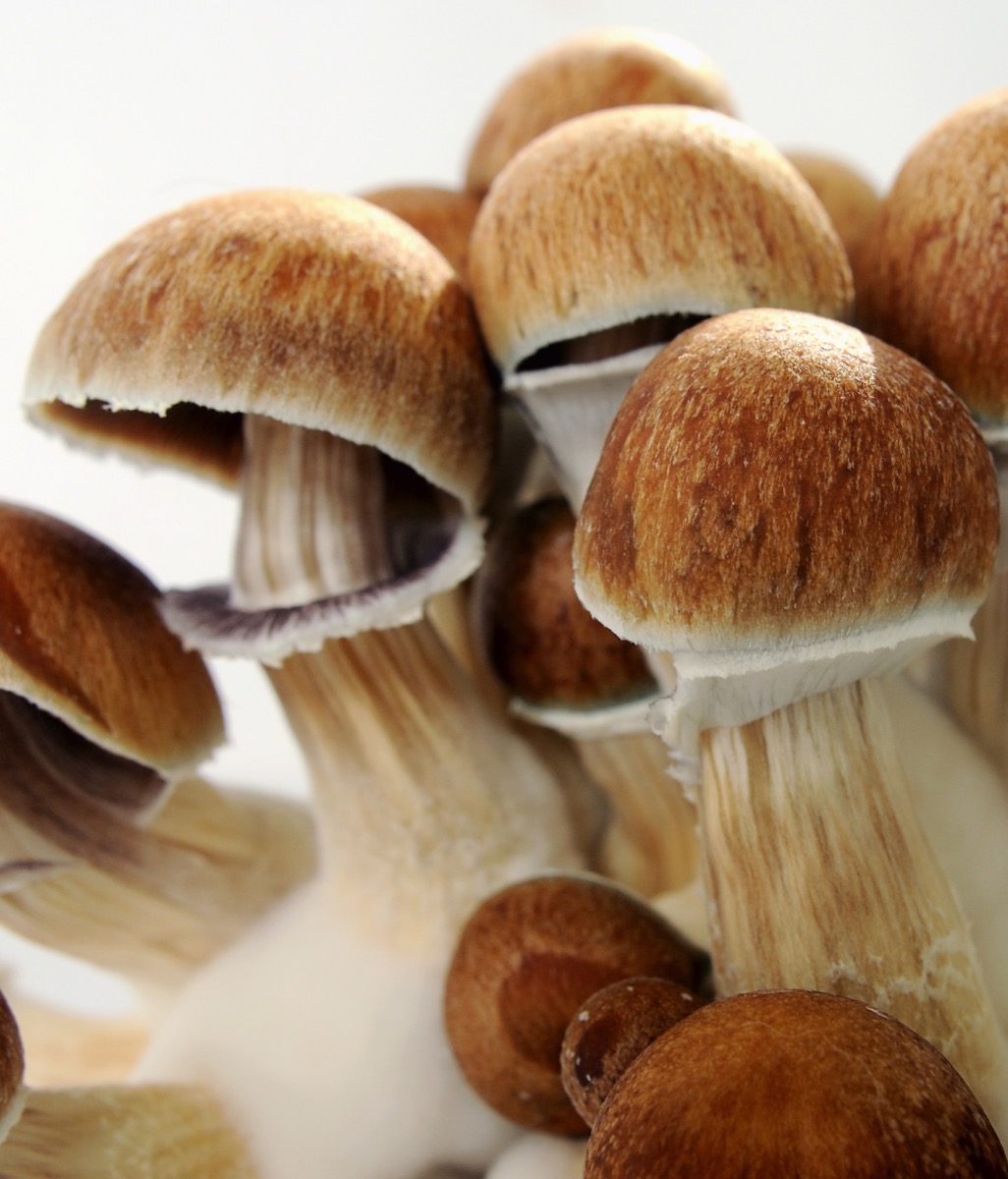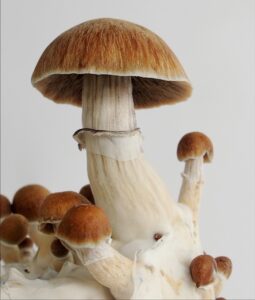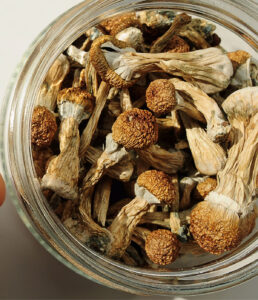
Summary of article by Markian Hawryluk and Kevin Van Valkenburg, published in KFF Health News, on April 24, 2023.
As the scientific community continues to explore the potential of psychedelic substances in treating various mental health conditions, a growing number of athletes are turning to magic mushrooms, which contain the psychoactive compound psilocybin, in hopes of addressing physical pain, mental health struggles, and enhancing performance. Athletes often face immense physical and psychological challenges, and traditional treatments like painkillers and antidepressants may not always provide adequate relief.
The use of psilocybin and other psychedelics among athletes has been driven by anecdotal reports of improved mental well-being, reduced anxiety, and increased focus. Some athletes also claim that these substances help them cope with the physical pain associated with their sports, potentially offering an alternative to opioid-based painkillers. Additionally, the growing body of research supporting the efficacy of psychedelics in treating mental health conditions has further fuelled interest in their potential applications for athletes.
While the use of psychedelics in sports remains controversial, several organizations are advocating for their acceptance and exploring their potential benefits. One such organization is the Athletes for Care (A4C), which promotes research and education on alternative therapies, including the use of psychedelics, for athletes struggling with physical pain and mental health issues.
Recent studies have demonstrated the potential of psychedelics in treating mental health disorders such as depression, anxiety, and PTSD. Psilocybin, in particular, has been granted “breakthrough therapy” designation by the U.S. Food and Drug Administration (FDA) for the treatment of depression. Researchers believe that psychedelics may promote neuroplasticity, facilitating new neural connections and helping patients develop new thought patterns and coping mechanisms.
The potential benefits of psychedelics for athletes extend beyond mental health treatment. Some athletes claim that microdosing – the practice of taking small, sub-perceptual doses of psychedelics – can enhance focus, creativity, and overall performance. Although scientific research on microdosing is still limited, preliminary studies suggest that it may offer cognitive benefits and improve mood.
Despite the growing interest in psychedelic therapy among athletes, there are several concerns and challenges that must be addressed. The use of psychedelics remains illegal in many jurisdictions, and their use in sports may violate anti-doping rules. Additionally, the long-term effects of psychedelic use are not fully understood, and their use should be supervised by trained professionals in controlled settings to minimize potential risks.
Furthermore, it is essential to differentiate between the responsible use of psychedelics for therapeutic purposes and the potential misuse or abuse of these substances. Education and harm reduction strategies are crucial to ensure that athletes considering the use of psychedelics do so safely and responsibly.
In conclusion, the potential of psychedelic substances, such as psilocybin, to address the physical and mental health challenges faced by athletes is a topic of growing interest and research. While anecdotal reports and emerging scientific evidence suggest that psychedelics may offer benefits in treating pain, mental health struggles, and enhancing performance, more research is needed to establish their safety, efficacy, and long-term effects in this context. As the conversation around psychedelic therapy in sports continues to evolve, it is crucial to balance the potential benefits with the risks and challenges associated with their use.







